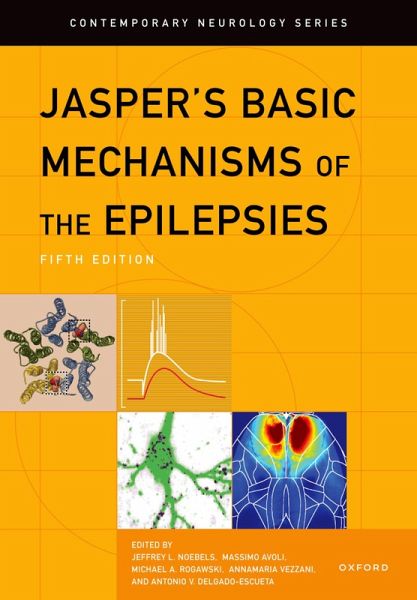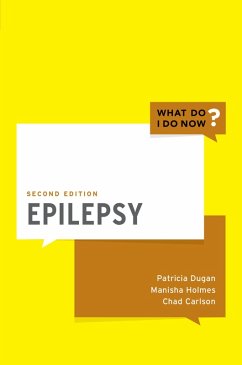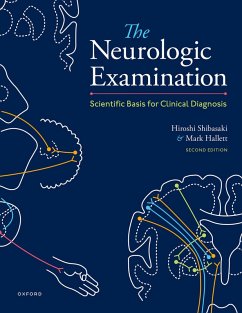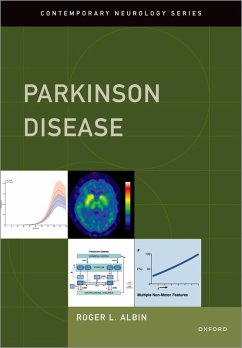
Jasper's Basic Mechanisms of the Epilepsies (eBook, ePUB)
Versandkostenfrei!
Sofort per Download lieferbar
135,95 €
inkl. MwSt.
Weitere Ausgaben:

PAYBACK Punkte
68 °P sammeln!
This is an open access title available under the terms of a CC BY-NC-ND 4.0 International licence. It is free to read at Oxford Academic and offered as a free PDF download from OUP and selected open access locations. Jasper's Basic Mechanisms of the Epilepsies has served as the definitive reference in the field of basic research in the epilepsies for five decades through four well-regarded editions. Since its inception, the book has been an indispensable must-read and belongs in the hands of every experimental epilepsy investigator, practicing epileptologist, clinical neuroscientist, and stude...
This is an open access title available under the terms of a CC BY-NC-ND 4.0 International licence. It is free to read at Oxford Academic and offered as a free PDF download from OUP and selected open access locations. Jasper's Basic Mechanisms of the Epilepsies has served as the definitive reference in the field of basic research in the epilepsies for five decades through four well-regarded editions. Since its inception, the book has been an indispensable must-read and belongs in the hands of every experimental epilepsy investigator, practicing epileptologist, clinical neuroscientist, and student for both clinical and basic science reference, doctoral and board exam preparation. This fifth edition is the most ambitious yet and remains the definitive reference in the field, providing encyclopedic and updated coverage of the current understanding of basic research in the epilepsies, while also mapping new research directions for the next decade, and reviewing how molecular laboratory evidence is now being translated into new therapeutics. In 79 chapters, the book considers the role of interactions between neurons, synapses, and glia in the initiation, spread, and arrest of seizures. It examines mechanisms of excitability, synchronization, seizure susceptibility and, ultimately, their contributions to epileptogenesis. It provides a framework for expanding the monogenic epilepsy genome and understanding the complex heredity responsible for common epilepsies. It explores the molecular and cellular disease mechanisms of ion channelopathies, developmental epilepsy genes, and progressive myoclonic epilepsies. It considers newly emerging mechanisms of epilepsy comorbidities. And, for the first time, it describes current efforts to identify biomarkers of disease progression and translate discoveries of epilepsy disease mechanisms into new therapeutic strategies at the frontier of molecular medicine.
Dieser Download kann aus rechtlichen Gründen nur mit Rechnungsadresse in A, B, BG, CY, CZ, D, DK, EW, E, FIN, F, GR, HR, H, IRL, I, LT, L, LR, M, NL, PL, P, R, S, SLO, SK ausgeliefert werden.













